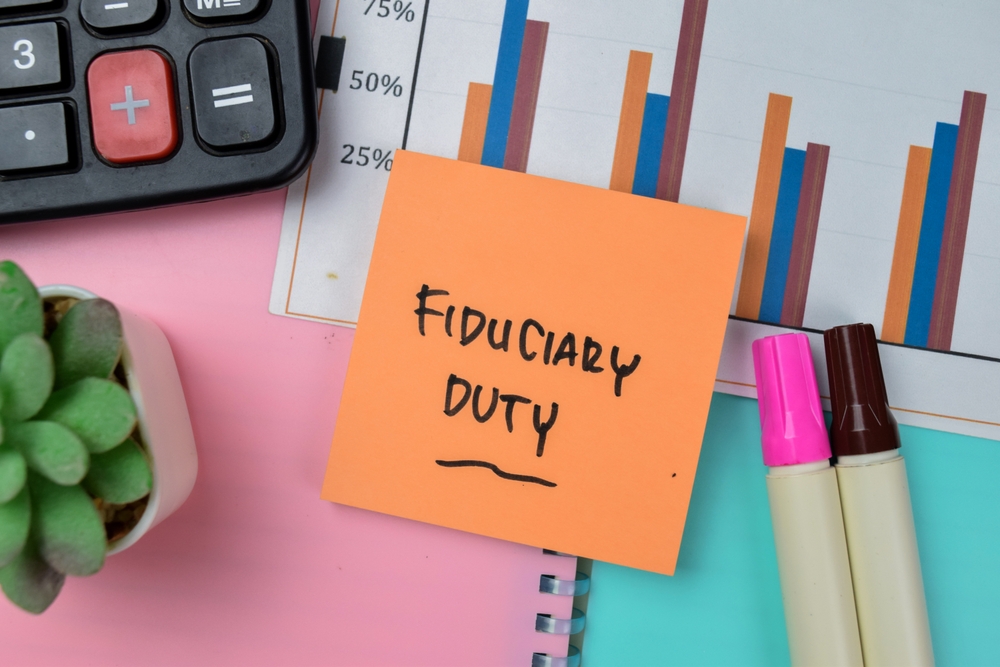For generations, owning a home has been considered a cornerstone of the American Dream — a symbol of stability, financial growth, and personal achievement. It has long been regarded as one of the most reliable ways to build wealth, offering not just shelter but also equity, pride, and generational security.
However, in today’s housing market, that narrative is starting to crack. About two-thirds of Americans who’ve bought a home since 2023 had regrets, especially those struggling financially with the costs of homeownership, according to a new study from Clever Real Estate.
However, 87% of buyers are happy they bought when they did, despite having second thoughts about their choice of home or how much they spent. Overall, the study presents a nuanced view of homeownership as a blend of everyday stress and long-term rewards.
Rising Costs Fuel Rising Stress
Buying a home is more expensive than ever, even with market incentives like home buyer rebates and down payment assistance programs. That’s a source of anxiety for today’s buyers, with 46% — including 58% of first-time buyers — saying purchasing a home was more stressful than they expected.
“In [Philadelphia], the basic struggle is just rates, along with prices that are still high,” said Brett Rosenthal, a real estate agent based in Philadelphia. “In the suburbs, the main issue is a lack of inventory with high demand, so it’s difficult for many buyers to get a home. Buyers that do are paying very high prices.”
Many buyers responded to elevated home prices by targeting homes that cost less than the U.S. median price of $416,900. Nearly two-thirds of buyers aimed to purchase a home costing less than $400,000, with a median target price of $310,000. Ironically, this heightened level of competition for more affordable homes drives up the price, making them much less affordable.
Budgeting on the Fly
With buyers competing for a limited number of affordable homes, it’s not surprising that the winning bidders ended up paying more than they planned. Around 38% of buyers reported exceeding their budget, and 37% stated that they overpaid for their home. This was even more pronounced among first-time buyers, nearly half of whom said they busted their budget. Additionally, 42% of first-time buyers reported that they had overpaid.
For many buyers, the house they bought is significantly different than what they originally wanted. Half of buyers had to make two or more offers before one was accepted, nearly a third had to make three or more offers, and almost a fifth had to make four or more.
Rejected offers prolonged home searches. Approximately 40% of buyers reported that it took them three months or more for one of their offers to be accepted, and a fifth stated that it took them six months or longer. Overall, 45% of buyers said their home search took longer than expected.
Agent Melissa Young of Charlotte, North Carolina, said this is due to the overwhelming number of choices.
“Right now, the biggest challenge many of my buyers face is decision paralysis,” Young said. “It’s easy to wonder if something better will pop up next week. That uncertainty is slowing down the buying process.”
But there’s a fine line between patience and paralysis. Rosenthal said that dream homes come to those who wait.
“Things always change in the housing market,” he said. “If you keep failing to find what you want, it will eventually ease up.”
Highly competitive markets mean it may take longer to find a suitable property, which is why buyers who’ve lost out on multiple homes often feel compelled to exceed their budget. For overextended buyers, those decisions often have consequences.
Second Thoughts Are Common
For some home buyers, snagging their dream home can be a double-edged sword. About 23% of buyers reported that their overall financial situation has worsened since they purchased a home, compared to 19% who said their financial situation has improved. A fifth of buyers also reported that their stress levels have worsened since becoming homeowners.
For some, the regrets started immediately. Roughly 28% of buyers reported experiencing second thoughts immediately after their offer was accepted. For others, it took longer for regrets to set in. Overall, nearly two-thirds of buyers had regrets about their purchase. That number is even higher among first-time buyers, with 73% expressing remorse about their home choice. The two most common regrets are financial, with 20% regretting a high mortgage rate, and 13% regretting the price they paid.
Some agents think those regrets are misplaced.
“I think the market is going to stay as it currently is for a while,” Rosenthal said. “As the rates come down, it will open up good opportunities to refinance, and buyers will get the home at a lower price by buying now. And once the rates go down, home prices will likely go up.”
Young agrees, pointing out that today’s market offers some distinct advantages.
“For many of my buyers, we are negotiating $5,000 to $20,000 in seller concessions, which helps cover closing costs, rate buydowns, or even repairs. While buyers are being cautious, there are definitely some great deals to be found.”
A Net Positive
Although many buyers have regrets, 87% of home buyers are happy they purchased their home when they did. Furthermore, 53% are more satisfied with their living space, 46% report an improvement in their overall quality of life, and 44% note an increase in their overall happiness.
While buying a home can lead to financial stress and adversity, it also confers some significant benefits. Recent buyers may find themselves slightly poorer and more stressed, but many of them are happier than they were before owning a home.
This post originally appeared on Backyard Garden Lover and has been syndicated by Wealth of Geeks.











